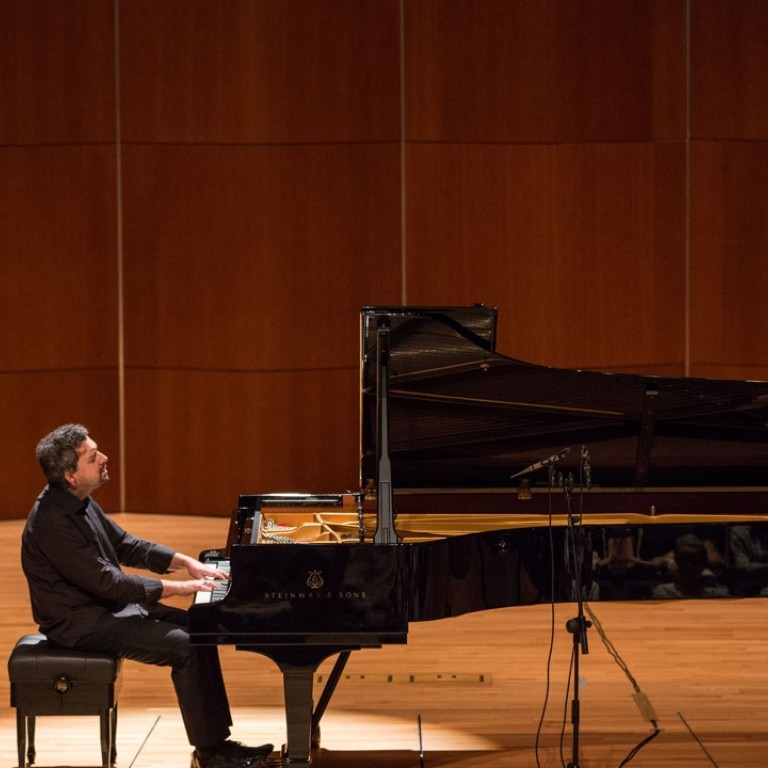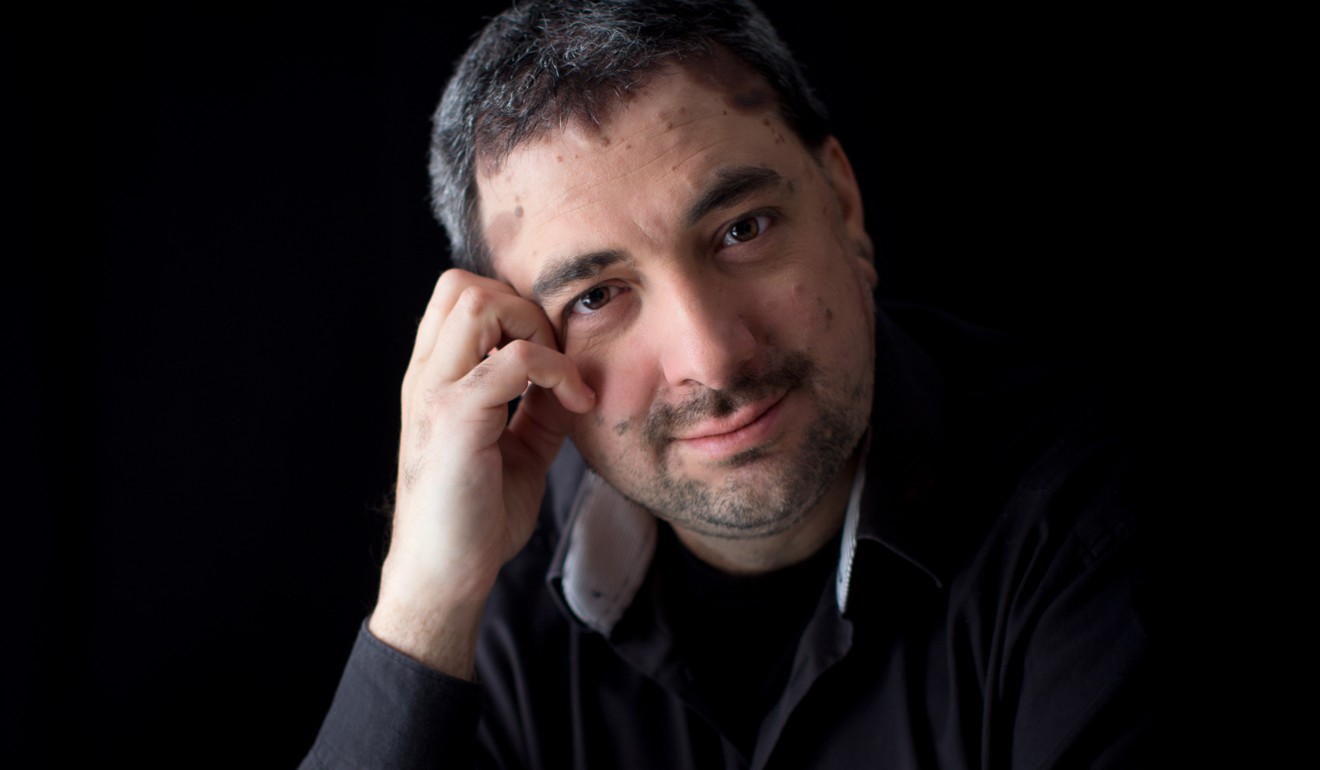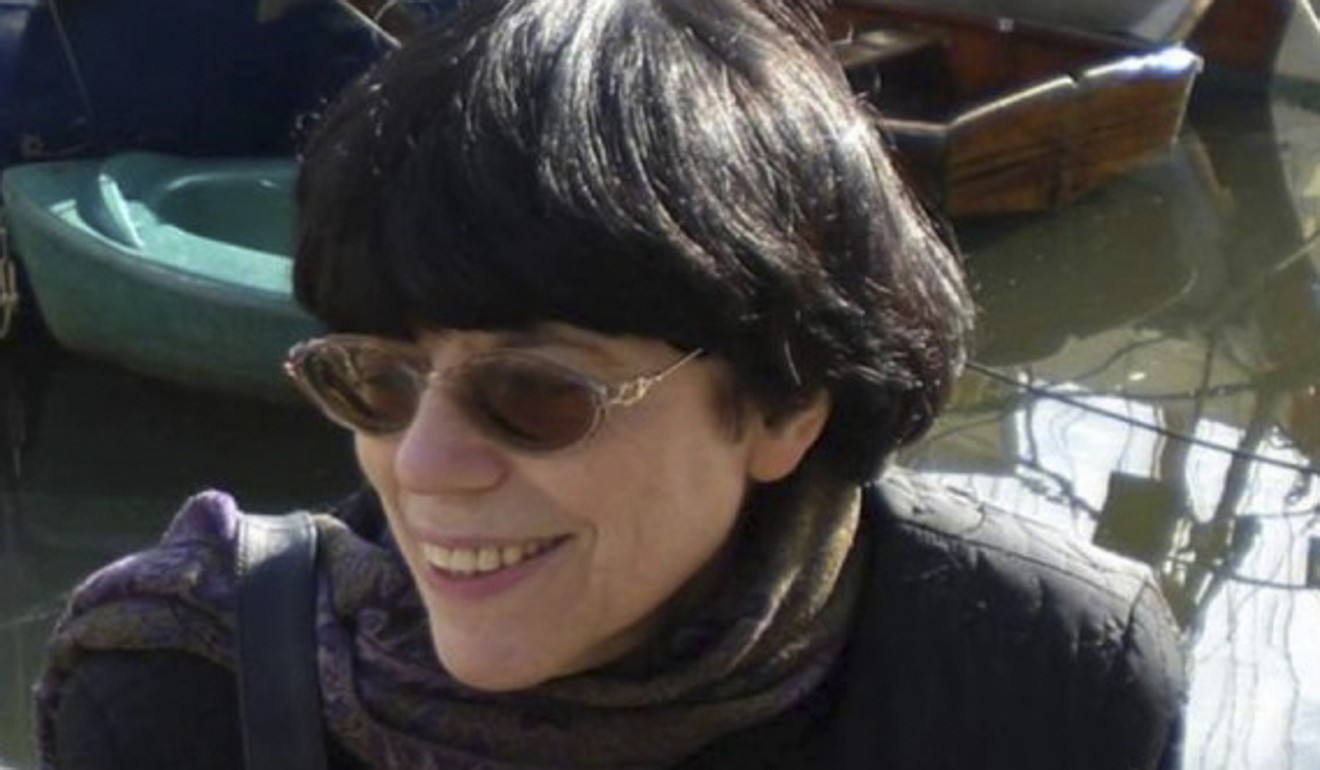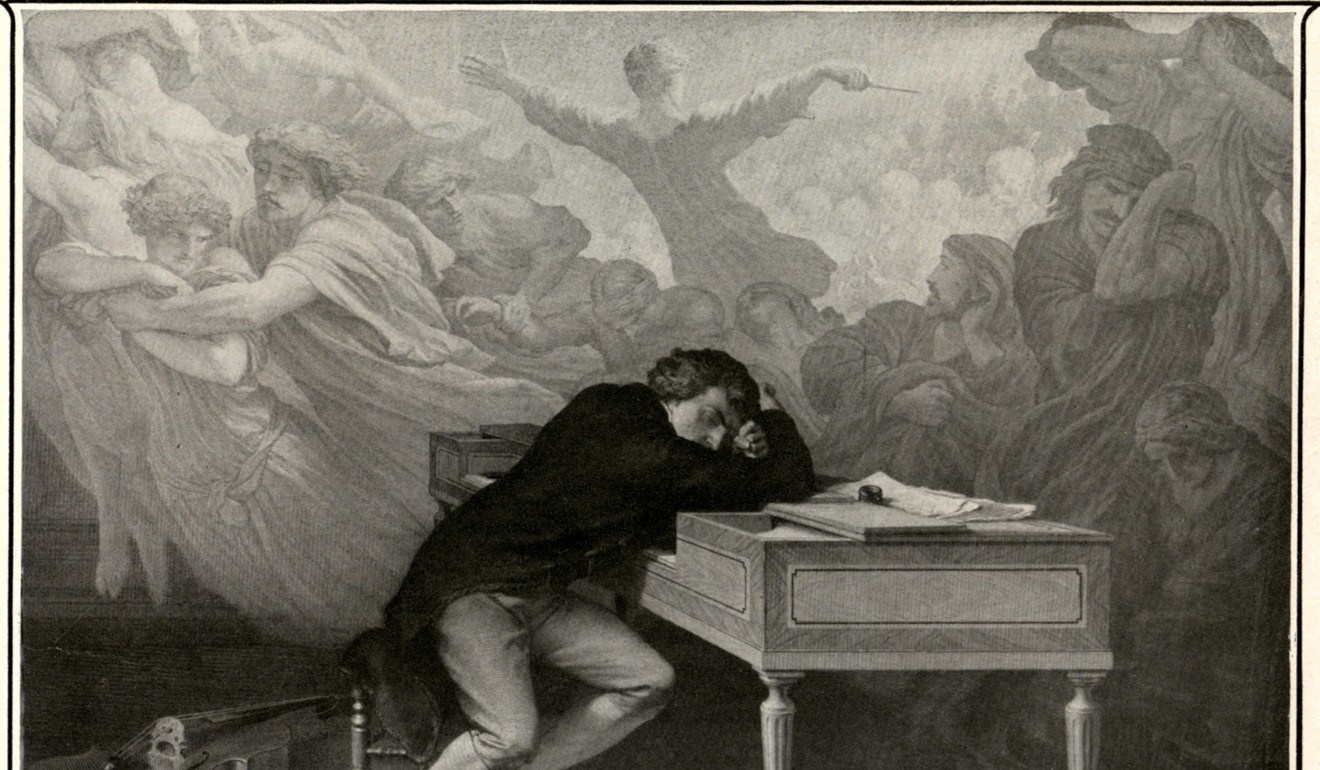
Russian pianist to play all 32 of Beethoven’s piano sonatas, in order, over eight concerts in Hong Kong
Konstantin Lifschitz will do something few pianists have ever done – perform the cycle of Beethoven sonatas in sequence – in six days at the University of Hong Kong, beginning this week
This month, Russian pianist Konstantin Lifschitz will be doing something he has never done before – in fact, something which has rarely ever been done. He will be playing all 32 of Beethoven’s piano sonatas in the order they were written, over eight concerts.
And he will be doing this in the Grand Hall of the Lee Shau Kee Lecture Centre at the University of Hong Kong (“what a wonderful concert hall that is”) from September 15.
“I had this dream to do it, and then they invited me and my first thought was ‘That is really early,’ but they were so kind I just could not say no.”
He was speaking in a Skype call the day before he did the first of six rehearsals in front of an audience of friends and students, in Lucerne, Switzerland, where he teaches at the university.
The sonatas span from No 1 in F minor (written in 1795 when Beethoven was 24, and dedicated to his teacher Joseph Haydn), to the extraordinary, almost jazzy, No 32 in C minor, written in around 1822, five years before the composer died at 56.
Lifschitz has been playing most of these works all his life, although he has learned a couple this year, specially for this challenge.
Nine symphonies, five nights: Hong Kong date for hotshot Dudamel’s Beethoven cycle
The simpler pieces – including the Moonlight Sonata (No 14 in C sharp minor) and Für Elise (No 25 in A minor), both with extracts famously played by people starting on the piano (although the latter piece, curiously, was not discovered until 40 years after Beethoven’s death) – were among the works Lifschitz learned first, when he started playing the piano as a toddler living with his parents some 100km from Moscow.

“She quickly realised that it wasn’t a good idea to be coaching me because it was not good for our relationship. And I do believe that parents, no matter how good they are they should never teach their kids. So she found me my very first teacher in the college she was teaching in,” says Lifschitz.
When he was five they moved to Moscow, where he had a place in the prestigious Gnessin Special School of Music and, in Tatiana Zelikman, had one of the best teachers in the world.

It’s like biting one of my fingers off [to choose just one sonata]. I like them all. I need them all
He was hailed as a child prodigy, played his first international tour at the age of 12 (England and the Netherlands), toured Asia for the first time (Japan) at 13, and it was as if his career was mapped out forever. Did he at any point think of doing anything else?
“At one time [at around 14] I didn’t like that pressure ...” he says. But it was around the time of the fall of the Soviet Union in the early 1990s. His parents had gone to live in America. “My father was past 40, it was hard for him to get a job ... I had to do the concerts and bring in the money. I had to play.”

“The brown one is a very old Bechstein, the jubilee version from 1933. It has two zeroes in the end and those kinds of pianos they tried to make better than the others. So it’s a very beautiful instrument which was completely restored when I got it,” he says.
The second is a Yamaha. When they moved flats , the landlord initially said he could play until 10pm, but then the landlord’s young daughter was unable to sleep.
“So I was able to find this piano which can be a normal acoustic piano and it can also be played silently with headphones. And it has a wonderful sound.”
Veteran Chinese conductor Yan Liangkun dies aged 93
That is what he has mostly been practising the 32 sonatas on, playing late into the night, growing to love these pieces even more than before.
If he could just have one Beethoven sonata on a desert island, which would it be? Lifschitz looks alarmed.
“No ... I need them all. From the least pretentious one to the most challenging one.”
He held up his 10 fingers, his 10 talented, musical fingers. “It’s like biting one of my fingers off [to choose just one sonata]. I like them all. I need them all.”
Konstantin Lifschitz in concert, Grand Hall, Lee Shau Kee Lecture Centre, University of Hong Kong, September 15-17 and 21-24, HK$220. Inquiries: 3917 8165

